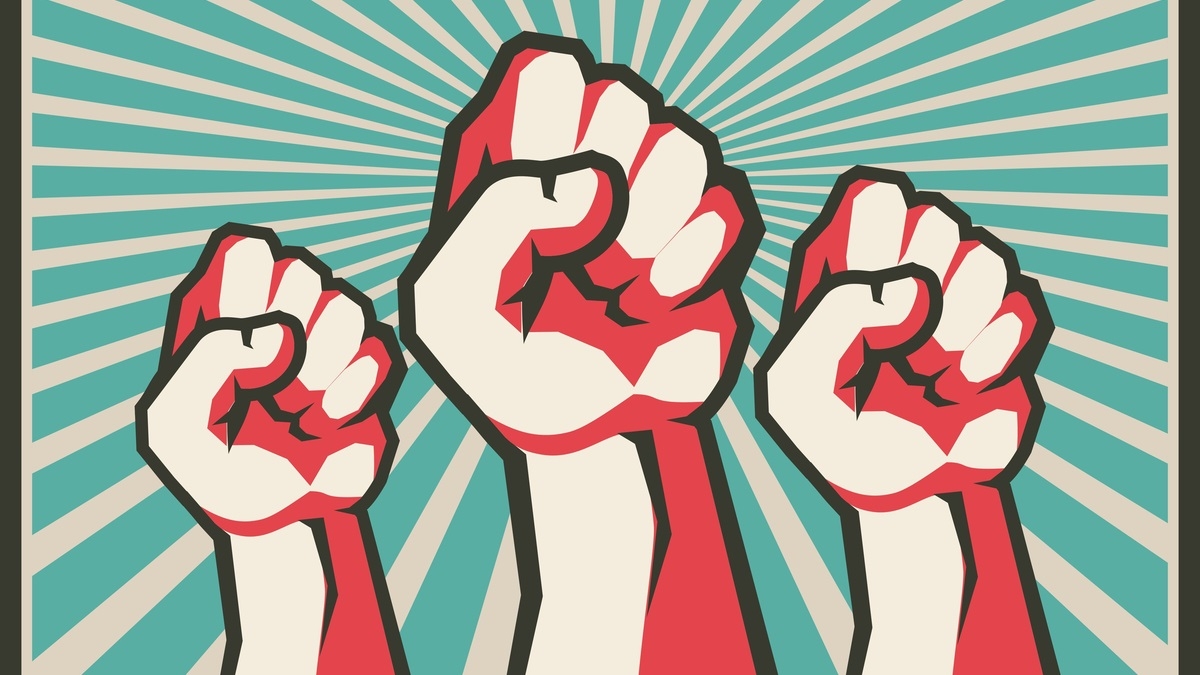"Are you confused about the difference between socialism and populism? It's like the difference between giving everyone a small slice of the cake or promising a few people the whole cake. Let's take a closer look!" There are some politicians that are associated with socialism but some would consider them representing the ideology of populism. This is the focus of this blogpost.
Allow me to clarify the distinction between populism and socialism. Populism is a political approach that seeks to resonate with the general populace, often challenging the established elites. Populist leaders might make sweeping promises to gain popular support, even if such promises might be challenging to keep in the long run. An instance could be a leader pledging to reduce taxes for all, regardless of the long-term economic implications. On the other hand, to understand socialism, consider this simple analogy: Imagine you have five candies and five children. Your goal is to distribute these candies equitably among them. Socialism emphasizes equal distribution and collective ownership. So, while both ideologies may share some principles of fairness and equality, their methods and core beliefs differ significantly.
If you were a populist, you might promise to give each child ten candies. This would make the children happy, as they would each get a lot of candies. However, you might not have enough candies to fulfill your promise, or you might end up giving some children more candies than others. This could lead to disappointment and conflict among the children. On the other hand, if you were a socialist, you might decide to give each child one candy. This might not seem like a lot, but it would ensure that each child gets an equal share of the candies. This would promote equality and fairness among the children, and they would all be happy with their share of the candies.
In this anecdote, we can see the difference between populism and socialism. Populism focuses on making promises to please people, even if those promises may not be realistic or sustainable in the long run. Socialism, on the other hand, focuses on promoting equality and providing for the basic needs of all people, even if it means giving up some individual benefits. It's important to understand these differences and to think critically about political ideologies and policies, so that we can make informed decisions as citizens. Just like distributing candies, politics is about finding a fair and just way to distribute resources and opportunities for the benefit of everyone.
Allow me to elucidate the distinction between populism and socialism for you. Populism primarily centers around resonating with the majority and challenging the prevailing elites. This often manifests in populist leaders making appealing promises to the masses, which may not always be practical or sustainable. For instance, a populist might advocate for across-the-board tax cuts, but such a move might be economically unviable in the long run. Conversely, socialism is an economic and political paradigm that emphasizes equal opportunity and welfare for all its citizens. Its hallmark is the introduction of policies like progressive taxation, public healthcare, and state-funded education. In a quintessential socialist setting, healthcare would be a right, not a privilege, ensuring that all citizens can access medical services irrespective of their financial status.
Using the same anecdote about distributing candies to five children. Imagine that you have five children in front of you, and you want to distribute candies to them fairly. If you were a populist, you might promise to give each child ten candies. This would make the children happy, as they would each get a lot of candies. However, you might not have enough candies to fulfill your promise, or you might end up giving some children more candies than others. This could lead to disappointment and conflict among the children.
Let's consider an illustrative analogy involving candy distribution among children. If you approached this with a socialist mindset, you'd give one candy to each child. While this might seem modest, it ensures equity; every child gets an identical portion, fostering a sense of fairness and shared contentment. This story underscores the nuances differentiating populism from socialism. Populism tends to emphasize grand gestures or promises, aiming to captivate the majority, even if these pledges might be hard to maintain long-term. In contrast, socialism seeks to establish equality and meet everyone's fundamental needs, sometimes at the cost of individual luxuries or benefits.
It's important to understand these differences and to think critically about political ideologies and policies, so that we can make informed decisions as citizens. Just like distributing candies, politics is about finding a fair and just way to distribute resources and opportunities for the benefit of everyone. While populism and socialism may seem similar in their focus on the needs of the people, they have distinct advantages and disadvantages. Populism can be advantageous because it can give a voice to those who feel marginalized and left behind by the government or ruling class. However, the promises made by populist leaders may not be feasible, and this can lead to disappointment and disillusionment among the people.
Indeed, socialism advocates for equality and aims to ensure everyone's basic needs are met. By doing so, it can alleviate poverty and elevate the general quality of life for the masses. Yet, a common critique is that it might diminish individual motivation, potentially curtailing innovation and entrepreneurship, since the financial rewards for such endeavors could be limited or redistributed. In sum, populism and socialism, while sharing certain parallels, stand apart as unique political philosophies, each with its own merits and drawbacks. Recognizing these distinctions and critically evaluating political narratives and pledges allows us to make well-informed choices as engaged citizens.











Comments
Post a Comment